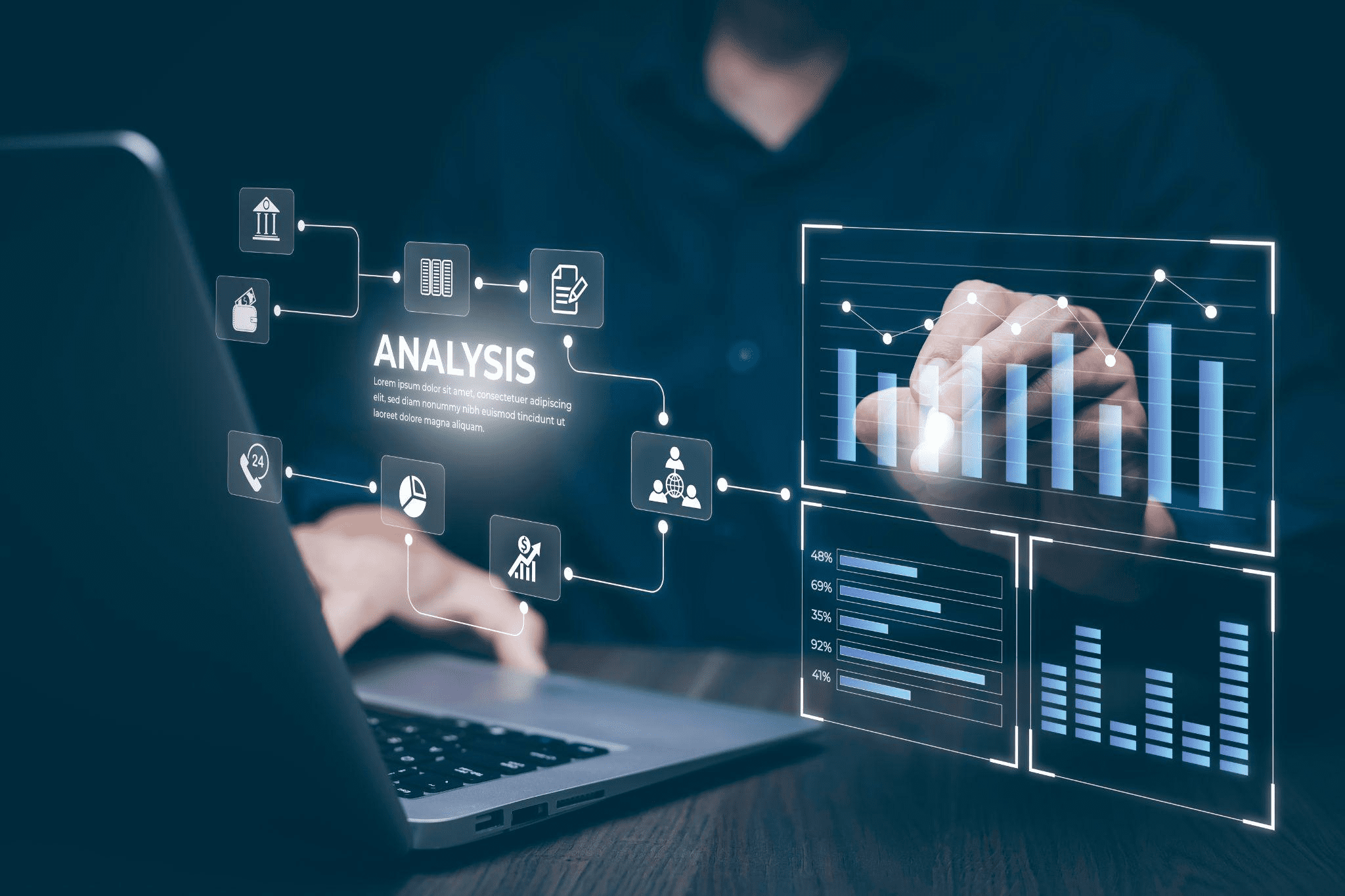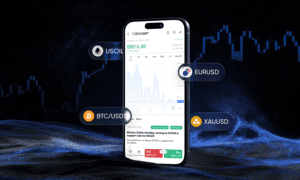The real estate industry has always run on information, property values, rental yields, occupancy rates, and market trends. In the digital era, though, information alone isn’t enough. What truly sets successful investors and asset managers apart today is how efficiently they turn data into decisions.
That’s where the best analytics platform for real estate reporting comes into play. From traditional spreadsheets to cloud-based dashboards and AI-driven insights, the shift toward smart data has been rapid and transformative. And the next phase of this evolution is being powered by PropTech platforms that merge artificial intelligence, automation, and predictive modeling, giving real estate professionals a powerful edge.
Why Data Analytics matters more than ever
For modern real estate managers, analytics is no longer just a reporting tool; it’s a strategic asset.
Here’s why:
- Predictive insights:Forecast rent growth, tenant turnover, or maintenance costs before they hit the P&L.
- Operational efficiency:Automated reporting reduces manual data entry, minimizing human error.
- Portfolio optimization:Compare asset performance, flag underperformers, and inform acquisition/divestment.
- Risk mitigation:Real-time monitoring of property, tenant, and market data helps identify financial risks early.
PropTech and Smart Asset Management
PropTech (property technology) has revolutionized the way investors, operators, and property managers work. From smart building sensors to AI leasing assistants, the sector has matured into an essential part of modern real estate.
But one emerging area stands out: AI-driven asset management. Today’s best PropTech platforms do more than collect data; they interpret it, find hidden patterns, and recommend next steps. This makes asset management not just efficient but intelligent.
Leni: The Next Generation of Real Estate Intelligence
Among the new wave of analytics platforms and agents, Leni has quickly become one of the most promising names in PropTech.
Leni is an AI-powered decision intelligence agent built specifically for real estate professionals. It integrates with popular systems like Yardi, RealPage, and MRI to bring together scattered data sources, including financial, operational, and leasing data, into a unified dashboard.
Here’s what makes it stand out:
- Unified Data Management:Leni’s Base Layer cleans, standardizes, and structures data from multiple property systems, making analytics seamless and reliable.
- AI-Driven Insights:Its Leni Mind module uses machine learning to detect anomalies, predict market trends, and offer prescriptive recommendations.
- Proactive Intelligence:Leni’s AI “agents” act like digital analysts, automatically generating performance insights for asset managers, investors, and acquisition teams.
- Investor-Focused Reporting:For LPs and institutional investors, Leni simplifies reporting, tracks portfolio KPIs, and monitors risk, all in one place.
- Data Security:With SOC 2 Type II compliance, it ensures enterprise-grade data protection.
For real estate organizations seeking clarity from complexity, Leni helps turn overwhelming data into actionable intelligence.
Top Trends Driving the Future of Real Estate Analytics
Let’s look at some key trends shaping the next generation of real estate analytics:
- Predictive and Prescriptive Analytics
Instead of simply describing past performance, the next-gen platforms predict future outcomes. Tools like Leni use AI algorithms to project market demand, rental growth, or asset depreciation, and even recommend actions to maximize returns.
- Automated Data Integration
Manual data entry is on its way out. Automation tools will connect leasing systems, accounting platforms, and CRMs, reducing errors and providing a single source of truth.
- Real-Time Portfolio Monitoring
The ability to track KPIs across multiple assets in real time will become the standard. Dashboards will move beyond static reports to dynamic, live insights accessible on any device.
- ESG and Sustainability Analytics
Environmental and social performance metrics are becoming crucial investment criteria. Platforms that integrate energy consumption, carbon footprint, and compliance tracking will gain preference.
- Generative AI and Natural Language Interfaces
Imagine asking your analytics system, “Which of my assets had the best NOI growth this quarter?” and getting an immediate answer. Conversational AI will soon make complex data queries effortless.
- Hyper-Personalized Investor Reporting
Customized dashboards and data stories will help investors visualize performance in ways that match their specific strategies and risk appetites.
The Competitive Edge for Real Estate Professionals
Adopting advanced analytics is no longer optional; it’s the foundation for staying competitive. Real estate managers who embrace agents like Leni are setting themselves up for success by making data work for them, not against them.
Whether you’re managing a multifamily portfolio or expanding into new markets, the combination of AI-powered insights, clean data infrastructure, and predictive modeling can help you make faster, smarter, and more profitable decisions.
Conclusion
The future of real estate belongs to those who can turn data into strategy. As technology reshapes the industry, platforms, softwares, and agents like Leni are leading the way, transforming how investors, asset managers, and developers analyze, forecast, and act on information.
By embracing these innovations now, real estate professionals can ensure their portfolios don’t just keep up with the market; they define where it’s going.
Faq’s
- What is a real estate analytics platform, and why do I need one?
A real estate analytics platform helps investors and managers collect, organize, and analyze property data, from rental income and occupancy rates to maintenance costs. Using such a platform ensures data-driven decisions, reduces manual errors, and improves portfolio performance. - How does AI improve real estate asset management?
AI can detect trends, forecast market changes, and identify potential risks before they impact your portfolio. Agents offer AI-driven insights, automatically flagging anomalies and recommending actions for optimized performance. - Can analytics platforms integrate with my existing property management software?
Yes. Modern platforms integrate with systems like Yardi, RealPage, MRI, and others, unifying financial, operational, and leasing data in one dashboard for a complete view of your portfolio. - What benefits do investors gain from using these platforms?
Investors benefit from real-time reporting, clear KPIs, and predictive insights. They can monitor performance, assess risks, and make informed decisions, all without sifting through spreadsheets or waiting for manual reports. - How secure is my property and financial data on these platforms?
Leading agents comply with SOC 2 Type II standards, offering enterprise-grade data security and ensuring your sensitive financial and operational information is protected. - Are analytics platforms suitable for both small and large portfolios?
Yes. Whether you manage a single property or a multi-asset portfolio, agents like Leni scale with you, providing the right level of insights and reporting flexibility. - What trends should real estate professionals watch in analytics?
Key trends include predictive analytics, ESG performance tracking, automated integrations, real-time dashboards, and conversational AI interfaces that simplify complex queries.



































